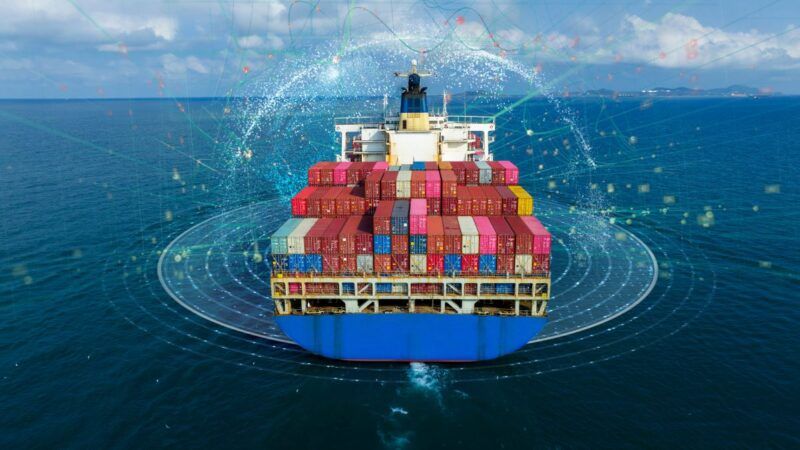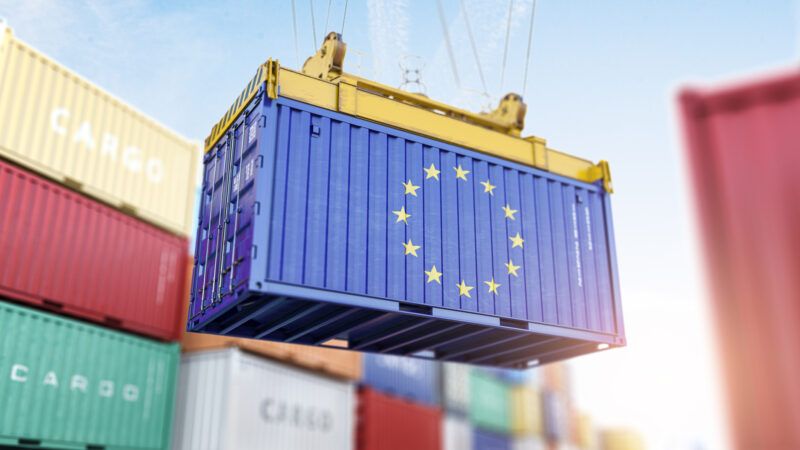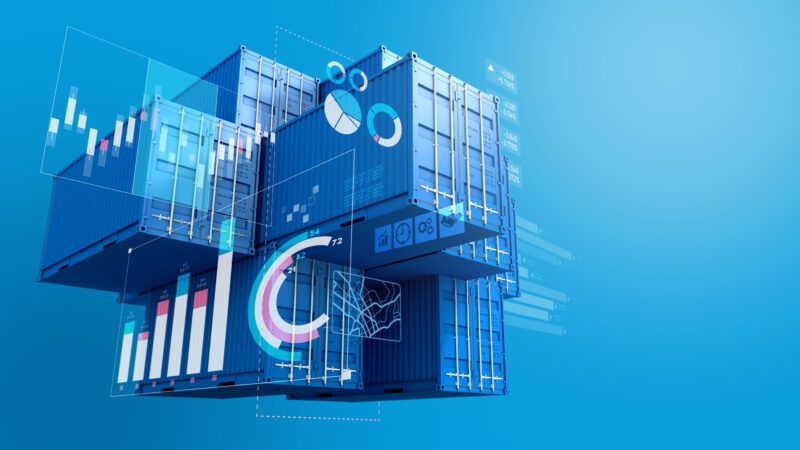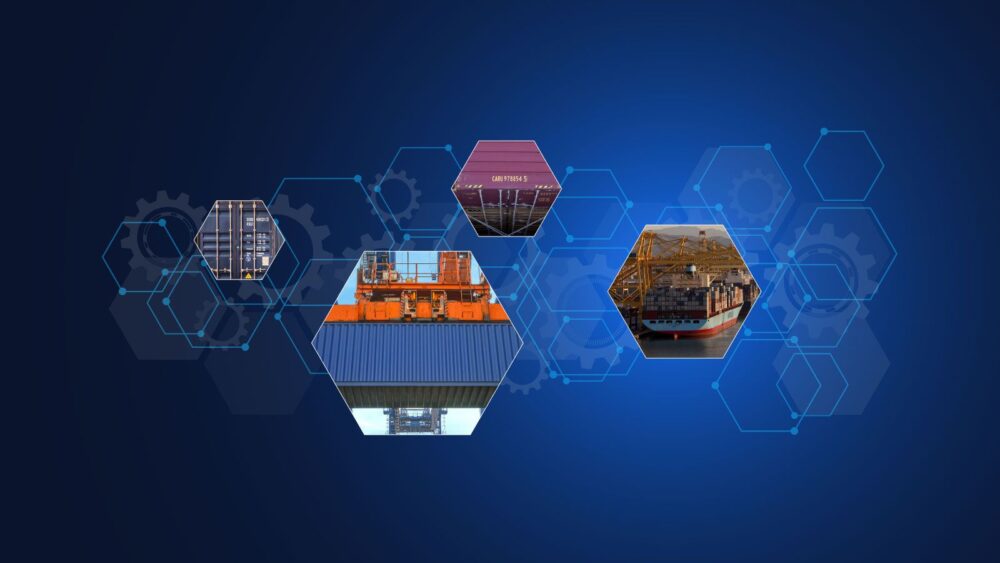 Today's freight forwarders must evolve and adapt to an environment where information technologies play a fundamental role. (GettyImages / PierNext)
Today's freight forwarders must evolve and adapt to an environment where information technologies play a fundamental role. (GettyImages / PierNext)
The digitalization of the freight forwarding industry: essential for its survival
For freight forwarders, digitalization is a strategic challenge, as it encompasses more factors than simply moving from paper to electronic format and the ability to find and send information online. Innovation in the port chain also involves these professionals.

Xavier Lluch is an independent consultant in transport, logistics and foreign trade.

Joan Carles Suari is a Full Professor at the University of Barcelona (UB), an expert in foreign trade and European integration.
 Today's freight forwarders must evolve and adapt to an environment where information technologies play a fundamental role. (GettyImages / PierNext)
Today's freight forwarders must evolve and adapt to an environment where information technologies play a fundamental role. (GettyImages / PierNext)
Traditionally, the freight forwarder has been in charge of organizing the transport. Initially, as agent of the carriers or traffic commissioners or forwarding agents and, later, directly assuming the obligations of the carrier under the current name of freight forwarders.
The foundations of this profession have been based on knowledge, experience, international organization and the ability to resolve eventual incidents, based more on personal resources than on fixed asset management.
The function of freight forwarders has been to facilitate international trade operations, adding other services to transport within a global package (groupage, handling, customs procedures or storage and distribution).
Now, we stop thinking about documents to talk about data sets that allow us to adopt a new vision throughout the organization, integrating administrative processes with clients, selecting the most efficient routes, managing offers and transmitting information which connects with operations and financial flows.
The impact of digitalization
Digitalization changes the environment of the work carried out by freight forwarders, as well as that of many of their customers and suppliers. It affects key aspects of its added value: the grouping of several shipments, information on routes, prices and capacities, traceability of operations, management of the transport chain, and contracting.
Digitalization of the freight forwarding sector simplifies work dramatically by automating processes that previously required personal intervention. Naturally, all of this would not be possible without continued standardization and improvement of outsourced operations such as transportation, warehousing, customs clearance and other services.
In this context, professions and activities that coexisted until now with the freight forwarder tend to invade its territory: shipping companies, airlines and digital platforms that offer information and reservations or other business models based on the digital economy.
In maritime transport, the concentration of companies and the efficient use of new technologies make it possible to contact the final shippers directly. Digital platforms are becoming more efficient and intuitive and also include the ship loader.
On the other hand, the growth of companies such as Amazon, which sell directly to the consumer, reduces the number of goods in the classic circuits to enlarge their own transport and distribution networks. These volumes are detrimental to the market managed by traditional freight forwarders.
The new digital native freight forwarders and their business models are very different from traditional ones. The irruption of meta platforms or platforms at the service of these new freight forwarders is also planned as a more sophisticated system that facilitates the meeting between supply and demand.
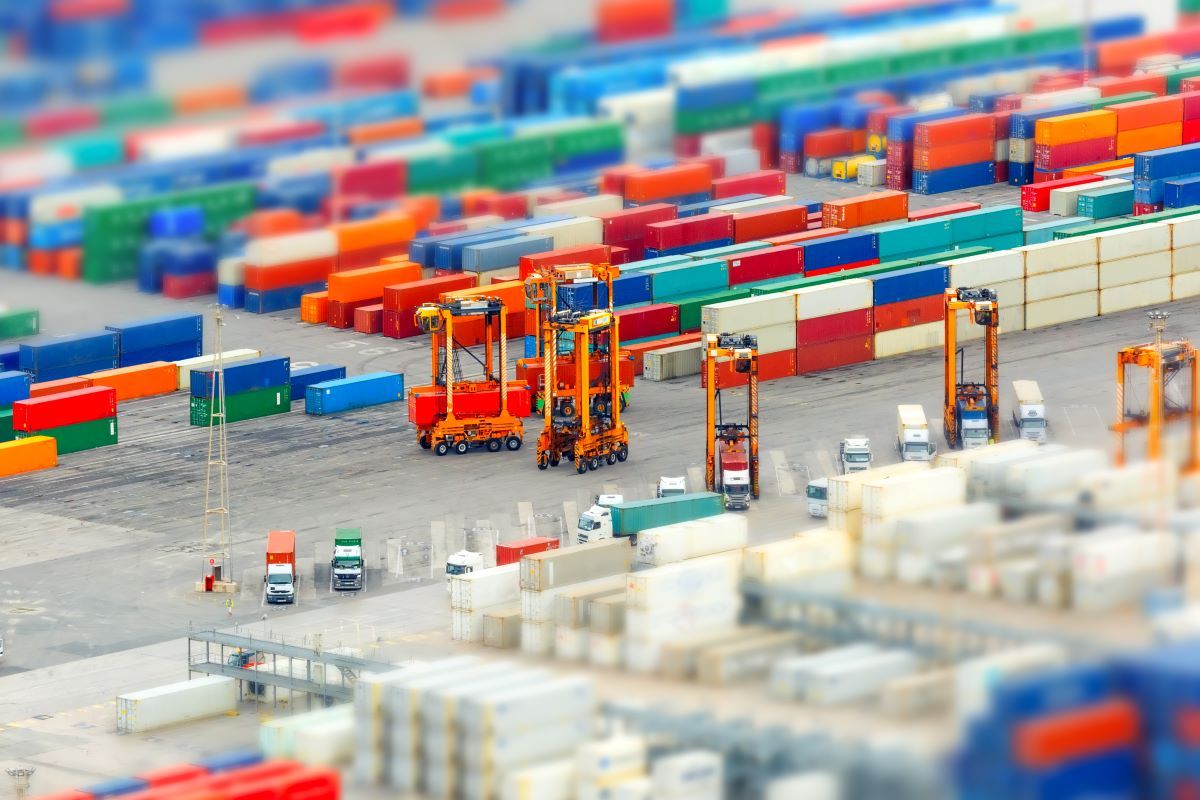
The evolution of the role of the freight forwarder
Information technologies allow, among other things, to operate with a much broader customer base than with traditional methods. Competition is much tougher than before, since the different market operators and new agents have all the options to work with their customer base, although the number of those entering the international market is also growing. As a result, the market for traditional freight forwarders is progressively shrinking.
Naturally, today's freight forwarders can evolve and adapt to an environment where information technologies play a fundamental role. But their professional knowledge and their organization are progressively relegated to a second level, while the contact and experience with the client is the protagonist of the information management. Their professional knowledge and organization are still there, somewhat hidden under this layer of digital management.
However, do not be deceived. The necessary evolution must be quite radical. If some compare the activity of the freight forwarder with that of the travel agent, we should analyze what is happening in this sector, excluding COVID-19. Do you remember the last time you went to a travel agency?
For a long time, the value of the freight forwarder has resided in their ability to gather knowledge and information about a multitude of connected services and their reaction to transport incidents. But the evolution of information systems and the progressive improvement of transport quality and standardization radically change their function.
Efforts to digitize the freight forwarder's job should address the simplification and automation of tasks such as transforming your customer relationships; the automation of the quotation and reservation processes; the transparency of expedition data between suppliers and clients; the reduction of personnel costs in relation to the number of operations intervened; and, above all, a new look at the business without forgetting that it should now include not only aspects related to transport but also information management.
Will freight forwarders continue to exist as we have known them until now? Although changes do not occur overnight, the rise of digitalization involves profound transformations that advise not to exclude any possibility
Future question marks
In 2016, Maersk already declared its willingness to address the ship loader, the end customer. This challenge is possible because digitalizing processes is much more feasible within their organization, which has its own internal standard and, therefore, the management of the different phases of transport is greatly simplified. Recently, the company announced that it was adding container land transport to its offer and has just announced the hiring of a logistics base in the ZAL in Barcelona.
The Freightos portal is a virtual market that allows access to plenty of offers through a single request, and provides instant quotes while offering follow-up and messaging services. It does not intend to displace freight forwarders or carriers, but rather to promote direct contact with the load shipper to become the gateway for these professionals.
The volumes managed by what we can call “outsiders”, led by Amazon, are increasing. These operators already have their own transport fleets and distribution systems thanks to their enormous capacity to manage information, not only on shipments, but also on the potential demand for the products on offer. Digitalization is at the base of its development.
Similarly, entities such as port authorities, shipping companies and other operators in the sector increasingly tend to offer, for the sake of transparency, information services to the end customer until now reserved to the freight forwarder, such as container track and trace services or event communication and the status associated with them.
Platforms or “digital freight forwarders” manage large amounts of information addressed to customers with comprehensive door-to-door solutions, which they execute through their own organization or outsourcing to a third party. They take the initiative with the customer and let “anonymous” operators carry out the operations.
By now, names like "Freightos", "iContainers", "Twill logistics", "Flexport", "Freighthub" or "WebCargo" sound familiar. To some, not so new, we must add the large international operators that create their subsidiaries or digital divisions and the flagships of large shipping companies that are here to stay and compete in a globalized and digitized market.
Will freight forwarders continue to exist as we have known them until now? Are we witnessing a market mutation defined by the ability to manage large amounts of information? This is the challenge that each freight forwarder will face with the most appropriate and possible strategy. Although changes do not occur from one day to the next, the emergence of digitization involves profound transformations that make it advisable not to exclude any possibility.


